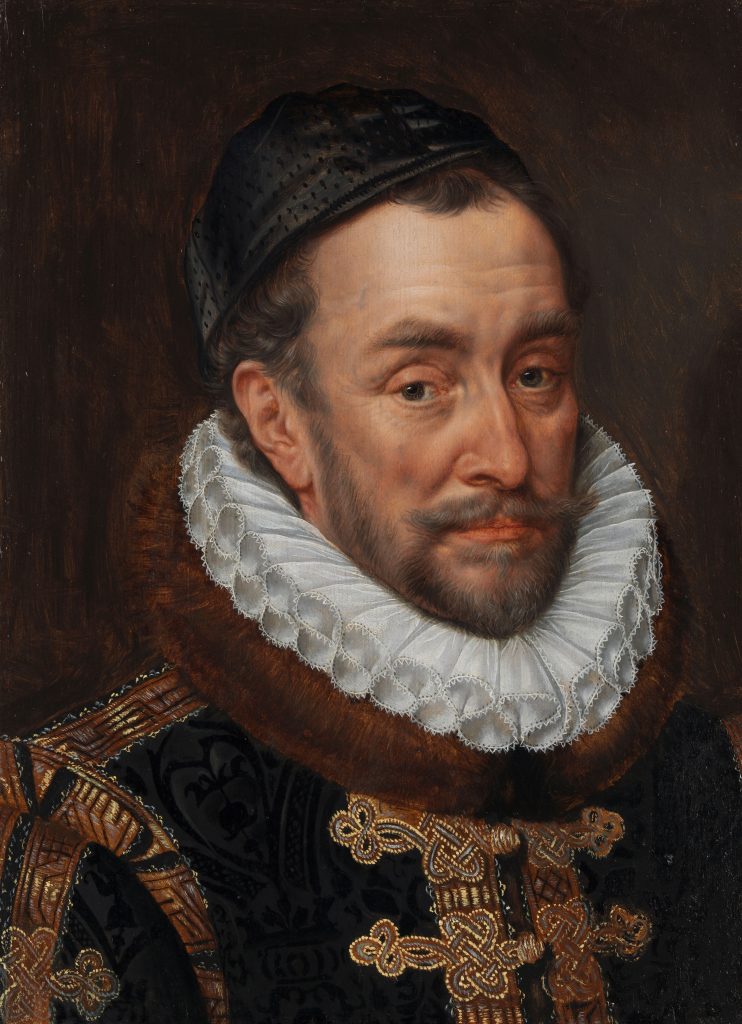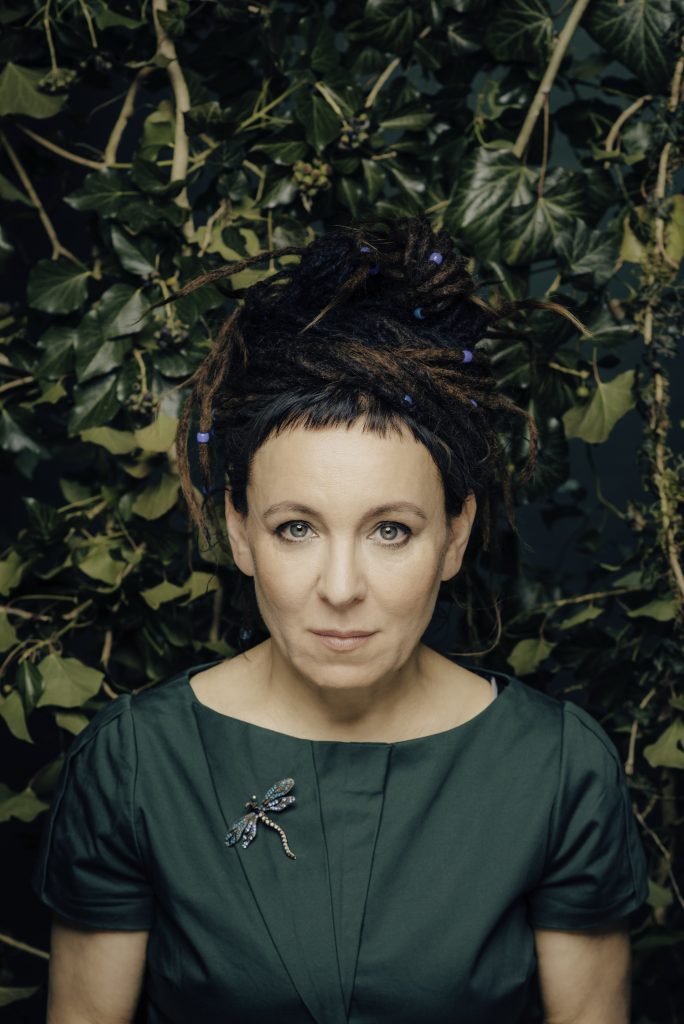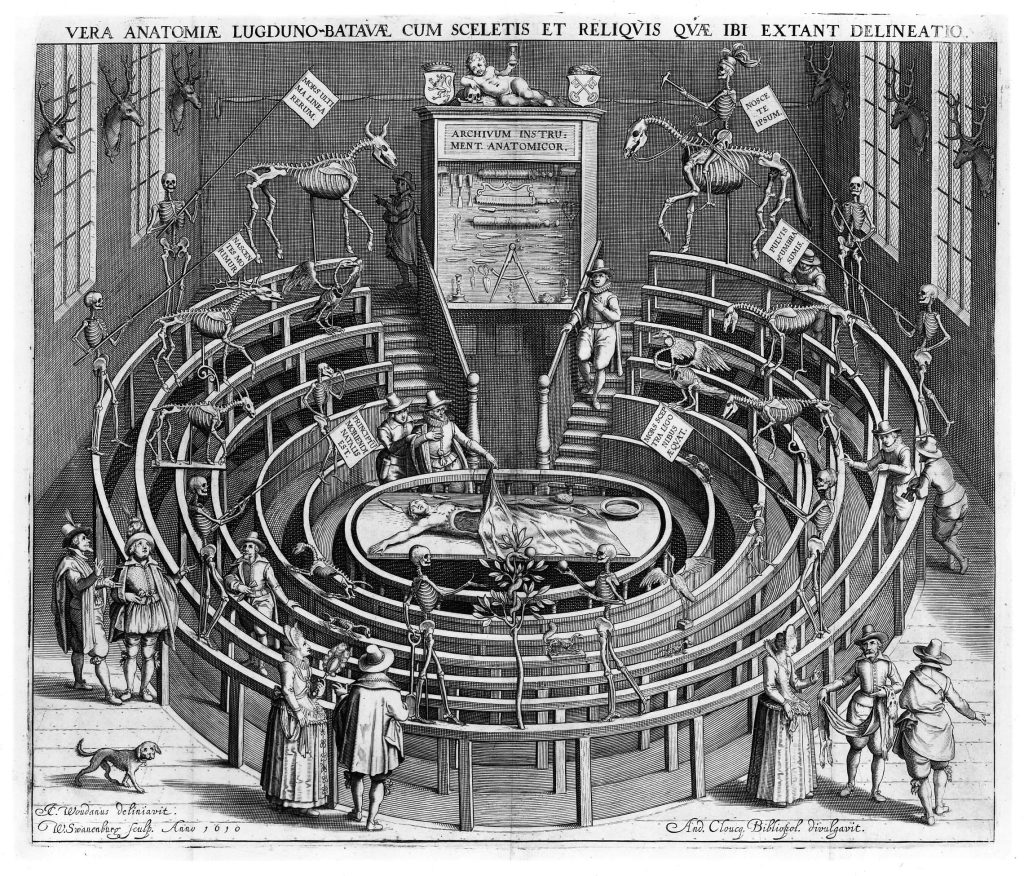 Coming Tuesday is King’s Day in the Netherlands. Did you know that William of Orange, who is often called the Dutch “father of the fatherland”, had an interest in the royal elections in Poland in 1575? He may even have considered making a bid for the Polish throne himself. At the time, William was leading the Dutch in a war against Spain. In March 1575, his councillor Philips of Marnix, Lord of Saint-Aldegonde, visited Cracow, where he met with the Polish nobleman and influential Calvinist Piotr Zborowski. The Polish throne was at that time vacant, and preparations were being made for the election of a new monarch. Zborowski wrote to William, praising his struggle “for religion and for the freedom of your fatherland”, and explaining how Marnix’s visit had been essential for “our actions”. It is not known what these “actions” were, however. Perhaps Marnix was meant to inquire about William’s chances, should he submit his candidacy for the Polish throne. As King of Poland, William’s odds in the fight against Spain would increase significantly. On the other hand, William may not have considered entering the elections at all. Perhaps Marnix simply wished to offer support to the Polish Calvinists’ “actions”, trying to influence the royal elections in the hope of gaining the favour of the future king. In any case, William did not make an official bid for Polish power. Instead, Stephen Báthory was elected King of Poland in 1576.
Coming Tuesday is King’s Day in the Netherlands. Did you know that William of Orange, who is often called the Dutch “father of the fatherland”, had an interest in the royal elections in Poland in 1575? He may even have considered making a bid for the Polish throne himself. At the time, William was leading the Dutch in a war against Spain. In March 1575, his councillor Philips of Marnix, Lord of Saint-Aldegonde, visited Cracow, where he met with the Polish nobleman and influential Calvinist Piotr Zborowski. The Polish throne was at that time vacant, and preparations were being made for the election of a new monarch. Zborowski wrote to William, praising his struggle “for religion and for the freedom of your fatherland”, and explaining how Marnix’s visit had been essential for “our actions”. It is not known what these “actions” were, however. Perhaps Marnix was meant to inquire about William’s chances, should he submit his candidacy for the Polish throne. As King of Poland, William’s odds in the fight against Spain would increase significantly. On the other hand, William may not have considered entering the elections at all. Perhaps Marnix simply wished to offer support to the Polish Calvinists’ “actions”, trying to influence the royal elections in the hope of gaining the favour of the future king. In any case, William did not make an official bid for Polish power. Instead, Stephen Báthory was elected King of Poland in 1576.
*I originally wrote this post for the social media outlets of the Dutch Embassy in Poland. This was post no. 13. For more information, see this previous post.

